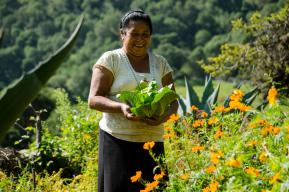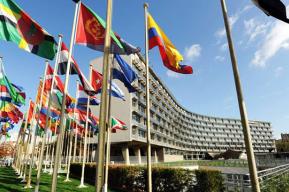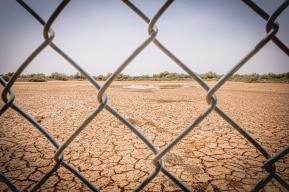Article By Dana Almasri, Unesco Jordan
Recently, there have been a lot of debates about the podcast. How has it become so popular so quickly? What makes it unique? Is it, in fact, a business? Why are so many young people hooked on it?
When people hear about the podcast for the first time, they generally have these and other questions.
The advent of podcasts as a favored and inexhaustible form of entertainment, as well as its easy accessibility on smartphones, smart speakers, and other gadgets at any time during commuting or multitasking, are key reasons driving the podcasting industry's expansion.
In our region, we can't say the podcasting market is as successful as it is in the USA and Europe, yet, there has been a steady growth over time. And if you listen to podcasts, you can understand how different types of advertising are used to help them proceed, and it is starting to bear fruit for both, podcasters and advertisers.
In Jordan, like elsewhere young people are interested and at times also concerned about democracy, freedom of expression, and access to information. The Infodemic, a situation in which a lot of false information is being spread in a way that is harmful, occurred and worsened during COVID-19 pandemic has also had an impact on Jordan’s youth.
UNESCO Jordan, through the support of the International Programme for the Development of Communication (IPDC), has launched two Podcast initiatives, one focusing on Media and Information Literacy (MIL), and how the media can be utilized to fight misinformation, in addition to youth sharing stories about the challenges and difficulties they have faced during the pandemic.
The two podcast initiatives targeted 40 young people either with a journalism and media background or activist in media and information literacy and freedom of expression.
This partnership aimed at disseminating media and information literacy skills, empowering young people and providing them with the appropriate tools to improve their skills and abilities to produce digital content. Participants were trained to produce their own podcasts.
The two projects have been implemented in collaboration with two thriven networks in the podcast industry in Jordan (Sowt) & (Sada Podcast).
Sowt is a podcasting platform which produces and distributes high-quality audio programs in Arabic, with the goal of creating an environment in which dialogue on and discussion of important and critical topics to the Arab listeners around the world. The platform was originally established in 2016 as a podcasting company. It was formally expanded into a platform in 2017.
Sada is an independent Arabic podcast network based in Amman, Jordan, under Al-Qessa Al-Masmoua company that produces shows that tackle society issues, politics, culture, personal development, people with disabilities, women and youth, entrepreneurship, and media information literacy. Sada podcast was established as a result of Covid-19 pandemic and the increased demand in technology and new media tools.
While the podcast networks in the Arab region are producing very good content, also on social issues, certain topics related to stigmas and taboos remain on young people’s minds, not always being able to share their views and listen to other views.
"I was impressed by the idea of this new media tool, and I was impressed by the way it has been used to tell stories and raise issues in different forms; in general there's freedom in the podcast industry", said the independent journalist Rawan Nakhleh, who works in the podcast industry.
Rawan refers here to the freedom of production, the duration of the episodes, and the nature of the topics, how content is presented as the podcast follows its own rules, stripped of the limitations on the radio, as well as the advantage of listening at anytime and anywhere which makes it easy to use and access.
But as for what does the Arabic podcast library require from young people in Jordan today? Sowt's managing producer Tala El Issa shares her thoughts, "We are sure that there are outstanding Arabic-speaking writers, producers, and voice-over actors in Jordan and other countries". Still concentrating on identifying these talents, Sowt is doubling down on open calls and job vacancies to see more people send pitches for compelling stories and profound journalism.
Speaking of which, Wisam Khalifeh was one of the first podcasters ever to cover stories from marginalized segments in the Arab region, he worked on a podcast that covered the stories of young men from the Arab region who had joined violent extremist groups to fight for the sake of religion, identity and other reasons. Those young men got lucky to get back to their homes after realizing that they do not want to be part of these groups anymore and their experience was a result of others convincing them to join these groups.
Wisam’s podcast had reached more than 100,000 listeners, and what he did is very important, giving space to people to share their stories, while ignoring the fact that they are social outcasts.
Believing in freedom of expression and equality are cornerstones to telling stories of people in the Arab region and representing different segments of the population in a fair manner, making their voices being heard









